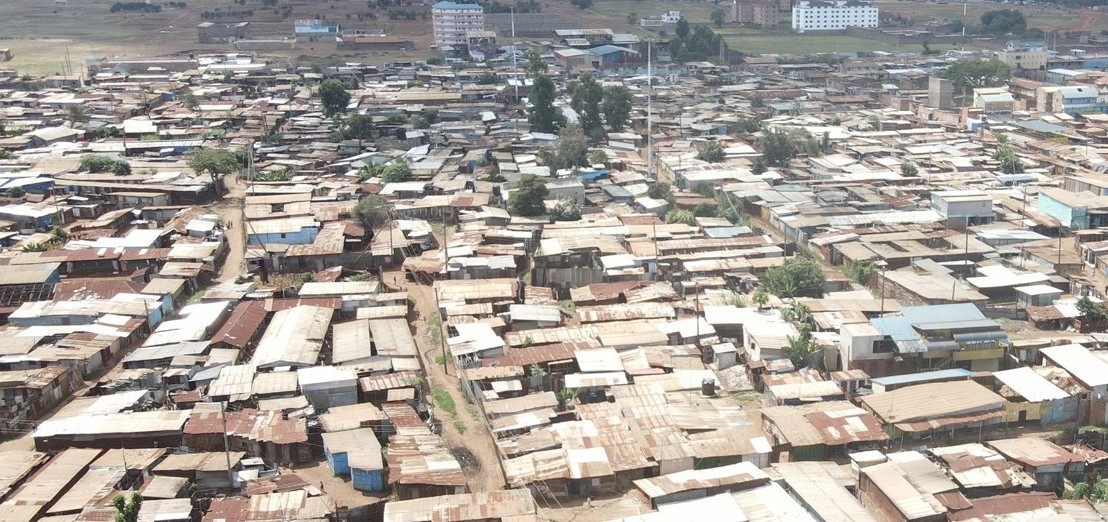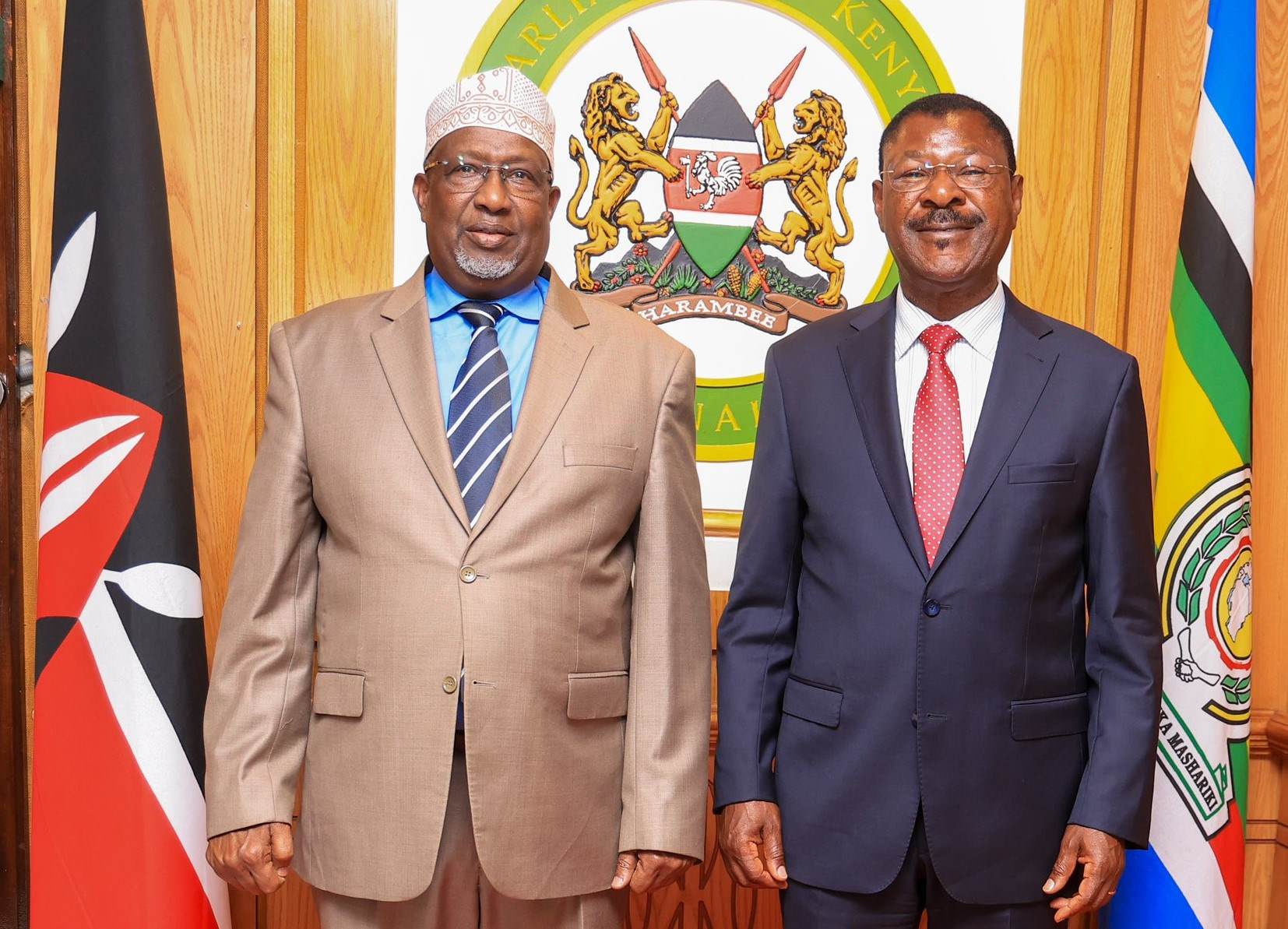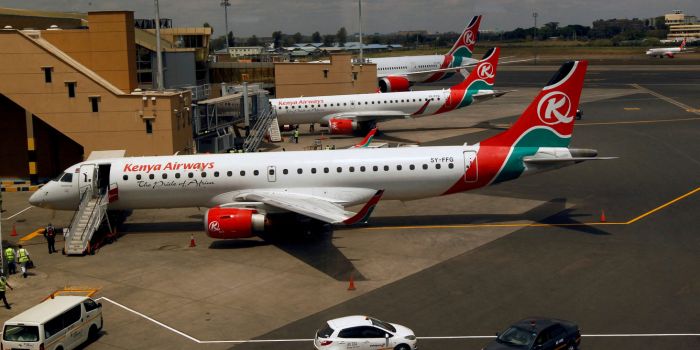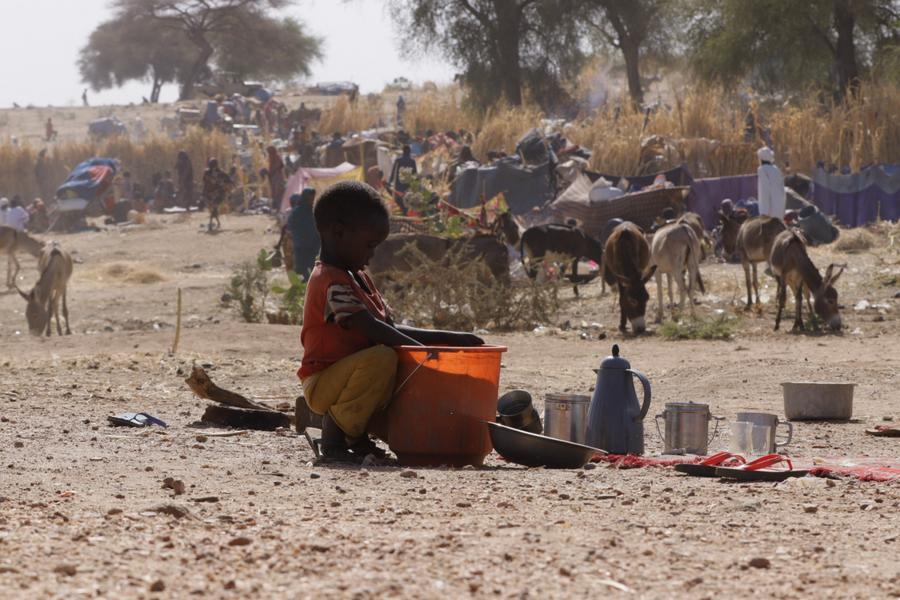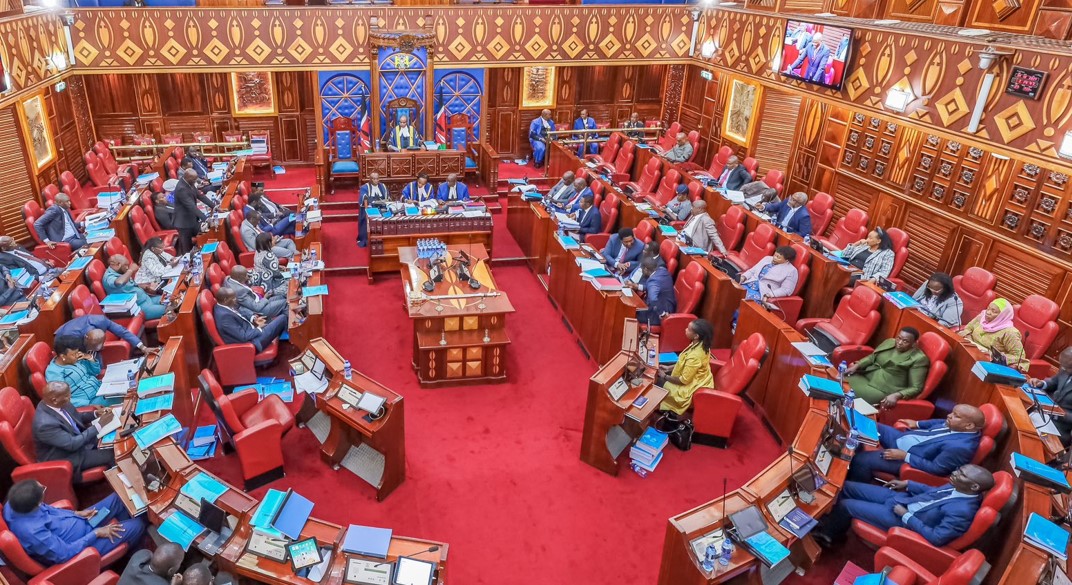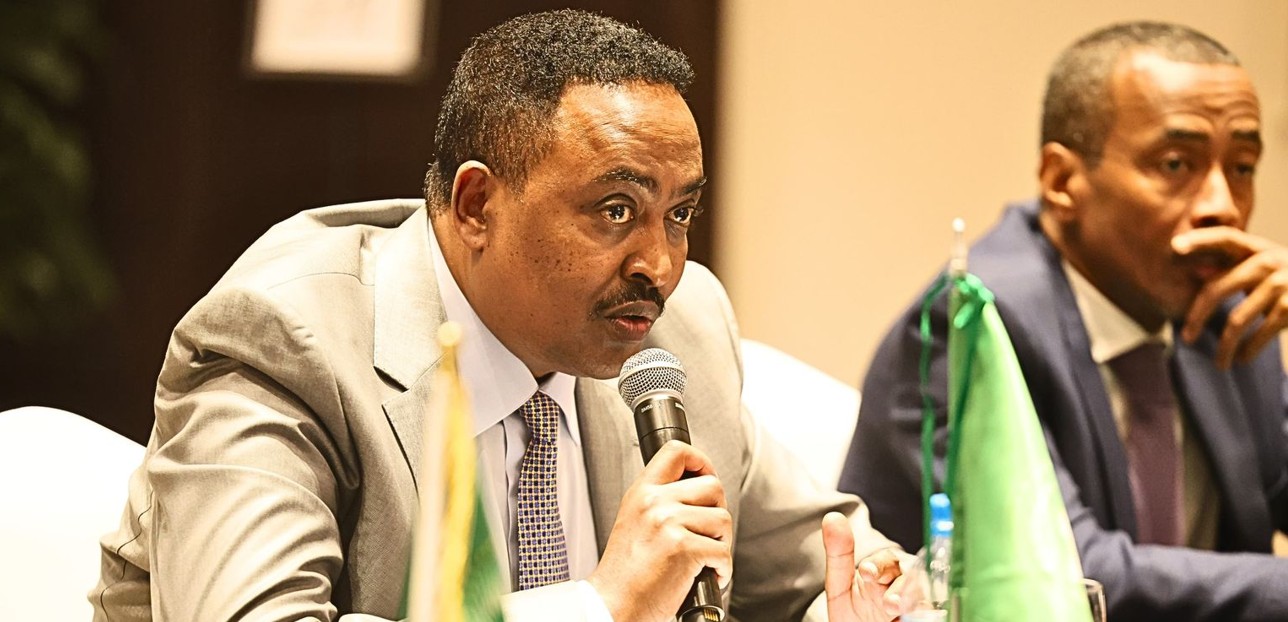South Africa welcomes Tanzania’s lifting of agricultural import ban

Tanzania’s Minister for Agriculture, Hussein Bashe, had announced earlier this week a suspension on the import of agricultural produce from South Africa and Malawi.
South Africa has welcomed Tanzania’s decision to lift a ban on agricultural imports, describing it as a reflection of the enduring strength of bilateral relations between the two nations.
The countries, both members of the Southern African Development Community (SADC) alongside Malawi, had independently sought dialogue to resolve the trade dispute.
More To Read
- Kenya ratifies EAC Customs Union amendment paving way for new bloc members
- EAC trade revenues hit Sh4.9 trillion as regional commerce accelerates
- Kenyan manufacturer sues Tanzania at East Africa Court of Justice over "discriminatory" tax
- Goods moved within EAC are transfers, not imports or exports - KAM
- Eating wild meat carries serious health risks – Why it still happens along the Kenya-Tanzania border
- Increased shipments to Somalia boost Kenya's exports to East African Community to Sh85 billion
Tanzania’s Minister for Agriculture, Hussein Bashe, had announced earlier this week a suspension on the import of agricultural produce from South Africa and Malawi, as well as a halt on fertiliser exports to Malawi. These bans have now been lifted.
In a statement released on Saturday by the Spokesperson for the Minister of International Relations and Cooperation, Chrispin Phiri, South Africa’s Minister of International Relations and Cooperation, Ronald Lamola, confirmed that the resolution came through “constructive diplomatic engagement” between the countries' Foreign Affairs ministries.
Historic bond
Lamola reaffirmed the historic bond between South Africa and Tanzania, grounded in African solidarity and a shared vision for economic cooperation.
“Our nations are bound not only by history but by a collective commitment to advancing Pan-Africanism, economic integration, and inclusive growth,” he said.
The announcement came as Tanzania marked its 61st Union Anniversary on 26 April, commemorating the 1964 merger of Tanganyika and Zanzibar to form the United Republic of Tanzania. Mr Lamola praised Tanzania’s enduring legacy, calling it “a beacon of Pan-Africanism” that continues to inspire the continent.
“As South Africa prepares to mark National Freedom Day on April 27, we draw strength from Tanzania’s example of unity in diversity,” he added.
Looking to the future, Lamola called for deeper collaboration in trade, people-to-people connections, and regional integration. He stressed that the resolution should serve as a catalyst for advancing the goals set out in the African Union’s Agenda 2063.
Top Stories Today
